Here are some important things, which you have to know before heading to Ethiopia.
Safety
Probably, the most essential concern you will have before travelling to Ethiopia is safety. The German Ministry of Foreign Affairs (https://www.auswaertiges-amt.de/de/aussenpolitik/laender/aethiopien-node/aethiopiensicherheit/209504) doesn’t recommend to visit several areas due to complicated political situation e.g. with Eritrea in the North of the country. However, the security is enhanced in those regions. During our tour to Danakil and to the Erta Ale volcano, we were accompanied by several military servants. Even in the Ethiopian cities, the control is also intense – you and your bag are checked by the security before entering any shop or supermarket.
To sum up, we didn’t feel in danger while we were travelling in Ethiopia. However, just in case, we left expensive jewelry at home and were cautious with our camera while visiting the local markets.
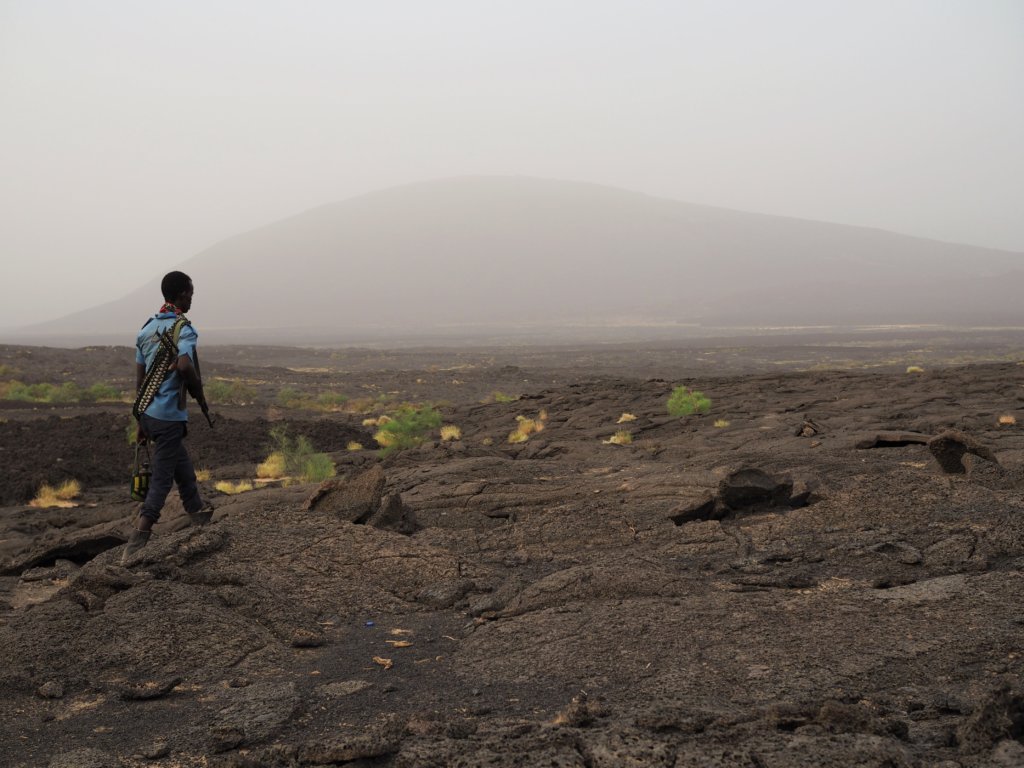
Ethiopian visa
Getting an Ethiopian visa isn‘t complicated – you either get a visa on arrival (check your eligibility for it) without any line or you can apply for an e-visa online: it costs 52 US Dollars and the visa is issued on the same working day. Check the site of the Main Department for Immigration and Nationality Affairs of Ethiopia https://www.evisa.gov.et/#/tourist-visa. There are many other websites in the internet offering you an Ethiopian visa, but the price is twice as high.
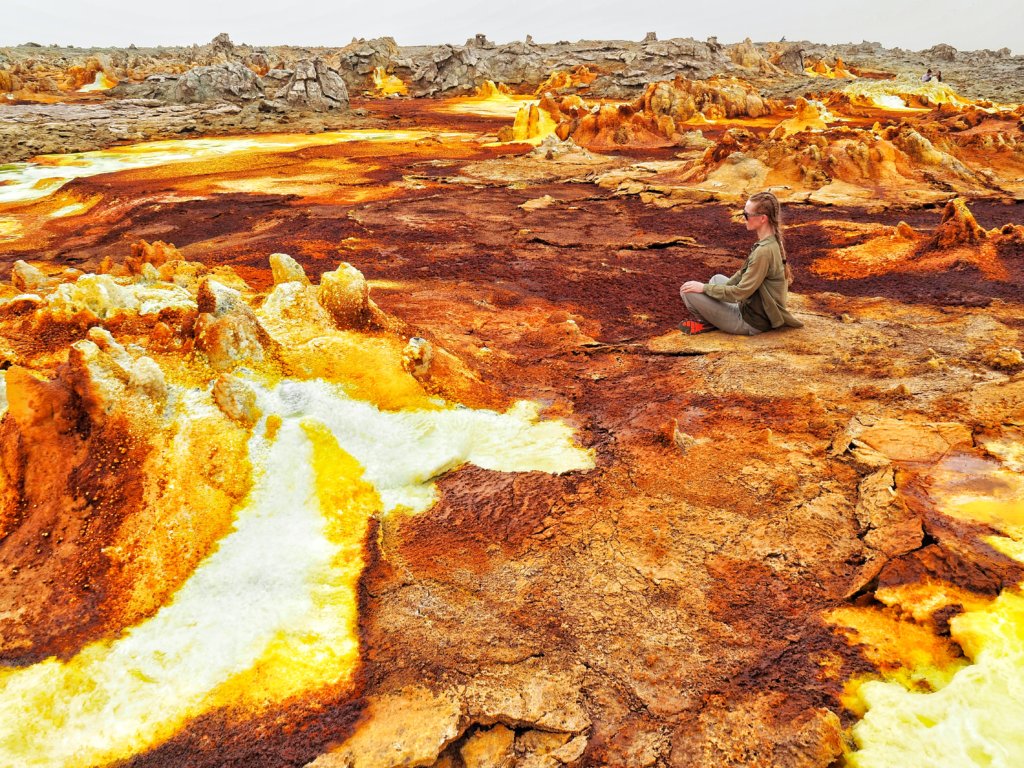
Useful information
- The local currency is Ethiopian Birr. At the time we were there, 1 Euro was equal 34 Birr and 1 US Dollar – 27,5 Birr. The funny thing is that at the ATMs the biggest bank note is 100 Birr. Imagine how many bills you have to withdraw to pay for your volcano tour!
- Electricity outage is a common thing. We would recommended to take a power bank with you. The plugs are the same as in Europe.
- Many hotels, even the expensive ones, have problems with hot water and sometimes with the water at all: check your shower at the check-in and before you have paid.
- When taking a taxi, negotiate the price first, the taximeter rarely seems to work.
- If you plan to visit the Erta Ale volcano, pack some proper respiratory masks with you.
Ethiopian cuisine and beverages
The basis of the traditional Ethiopian cuisine is injera, 50 cm in diameter flatbread made of sour dough which is prepared from fermented teff flour. Atop of it different types of wat, thick stew, are served. Wat can be prepared with beef, lamb, a variety of vegetables, berbere spice mixtures and a seasoned clarified butter (niter kibbeh). The Ethiopians usually eat with their right hand, picking wat and side dishes with the pieces of injera. Simple wat on injera can be ordered almost anywhere and it costs little money: you can find places where it costs less than one Euro.
In Ethiopia, there are at least 10 different brands of local beer. Probably, this is the most popular alcoholic beverage in this country. We tried several of the local brands and our number one was Habesha, and the number two was Dashen.
Though I usually prefer wine to beer, the Ethiopian wine didn’t impress me much. However, we tried one interesting drink there which is called tej. Tej is a mead or honey wine that is brewed in Ethiopia and Eritrea. It is traditionally served in a rounded vase-shaped glass called a berele.
Good coffee can be found everywhere for a price of only 10 Birr. The locals drink it black with two little spoon of bamboo sugar. Sometimes they also add herbs. To my taste, Ethiopian coffee is savory but a little bit sour. Coffee is a very good option for something you can bring home from Ethiopia. At the supermarket, one kg of roasted coffee beans costs about 100 Birr (but it turned out that we cannot cook it properly in home conditions and it doesn’t taste as good as back in Ethiopia).
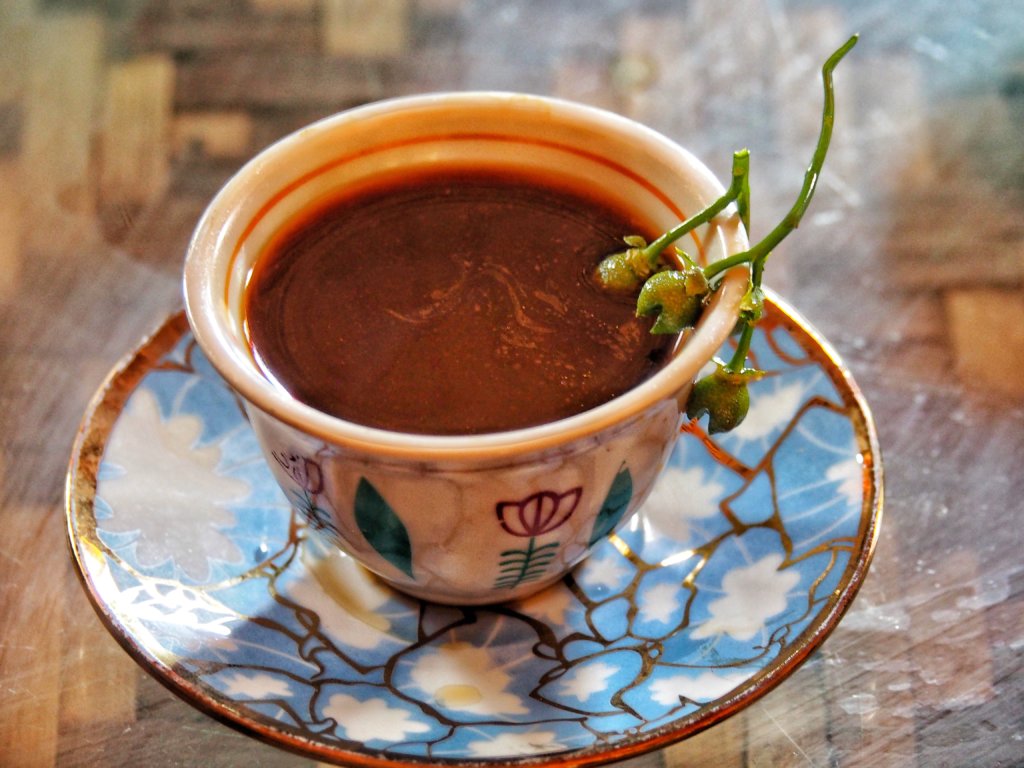
By the way, when it comes to food and especially breakfast at the hotels, allow for sufficient time: it will take at least 40 minutes to order and cook an omelet.
Ethiopia is a religious country. Some regions confess Christianity, some Islam, some regions are even animalistic. We didn’t see many locals wearing open clothes, maybe only in the capital. Speaking for myself, I felt more comfortable blending with the locals – wearing long dresses and bulky trousers.
Check with the waiter if there is any water in your fruit juice and if yes, is it from the tap or from the bottle. You should avoid drinking water from the tap.
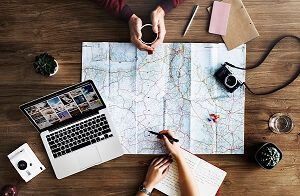
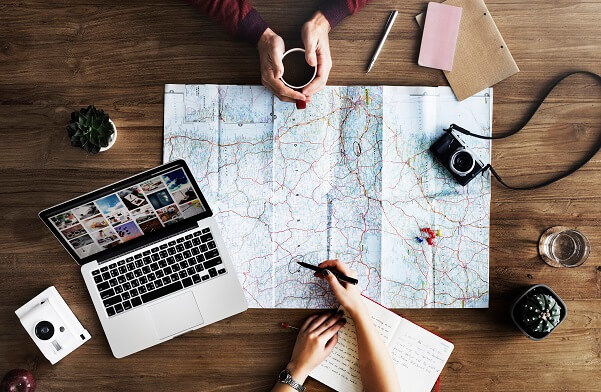
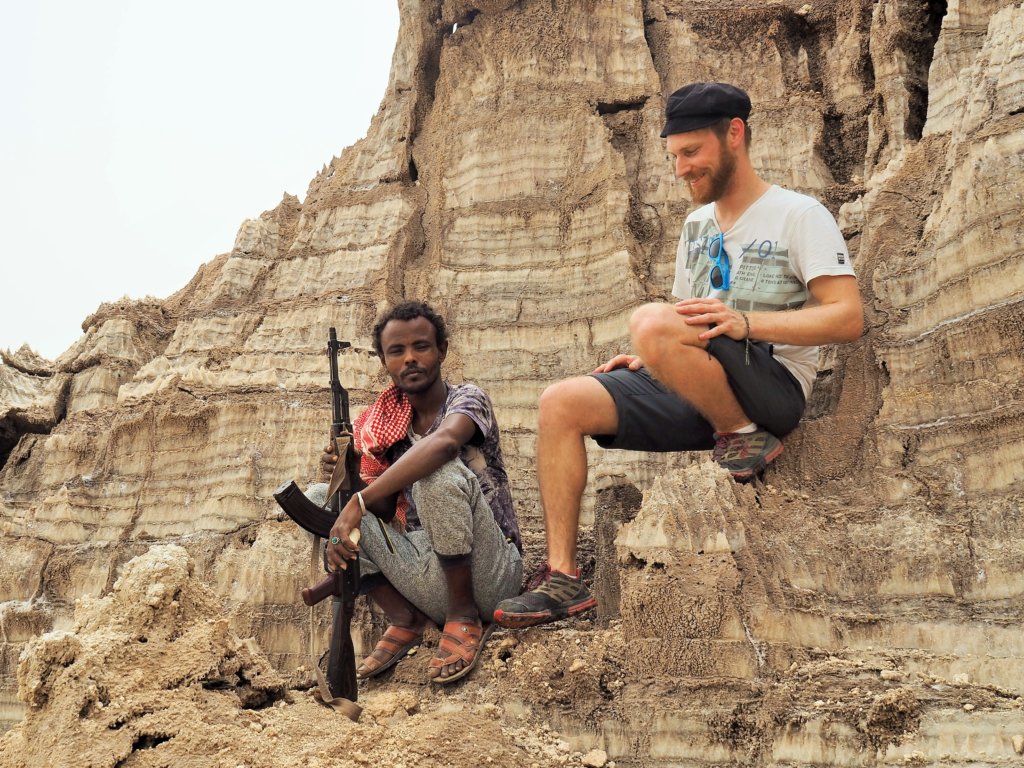
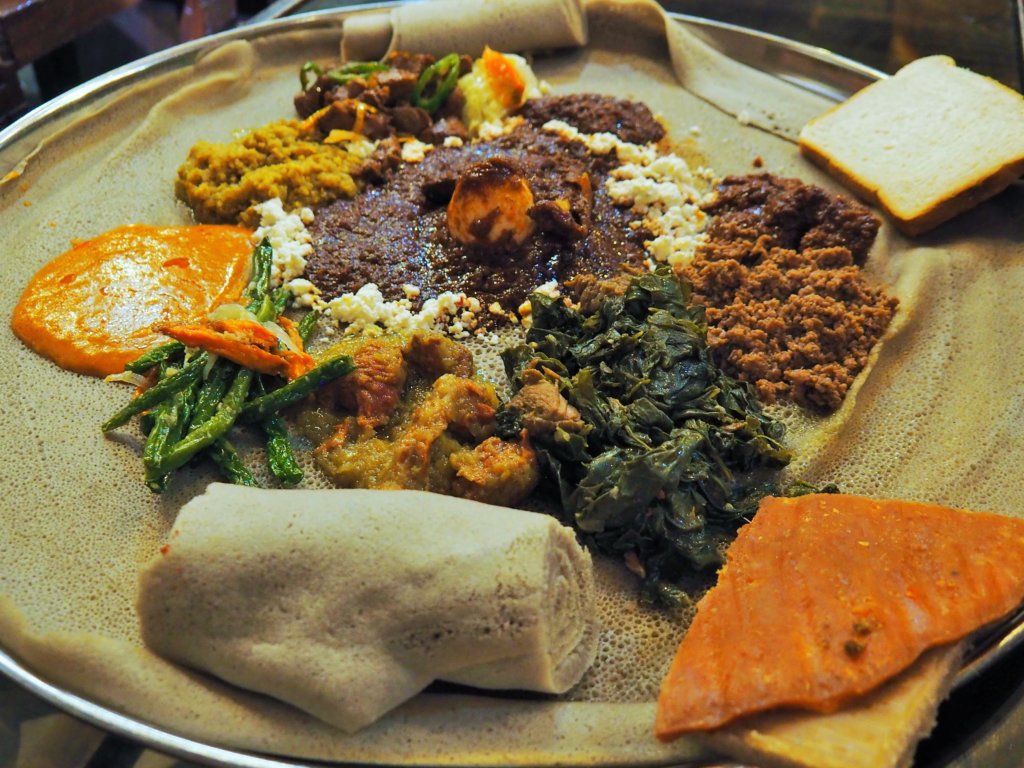
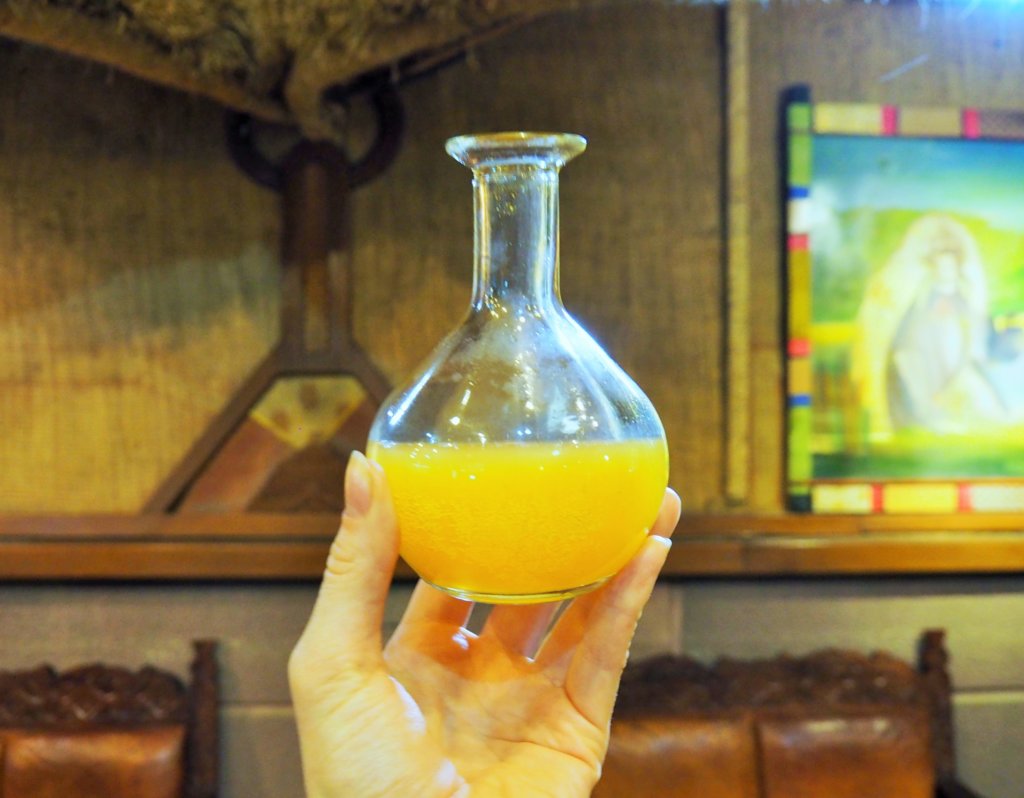
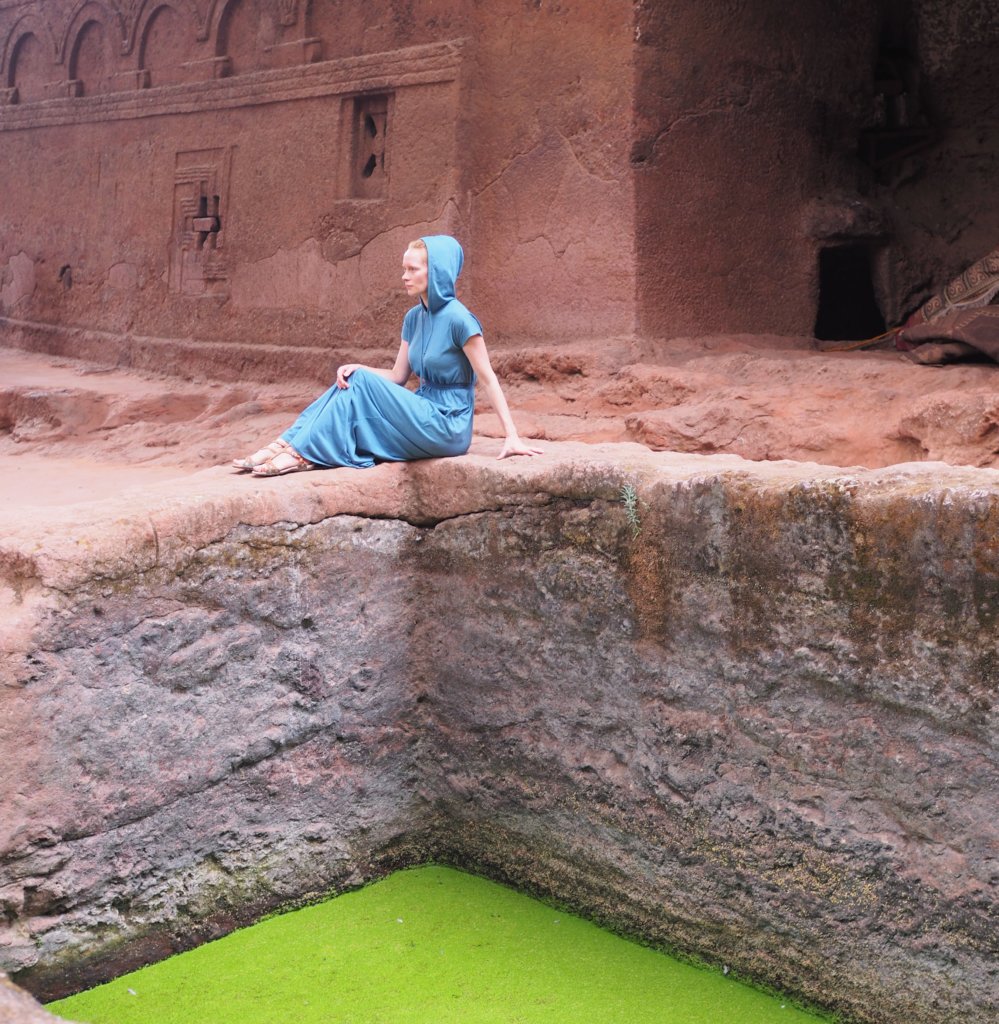
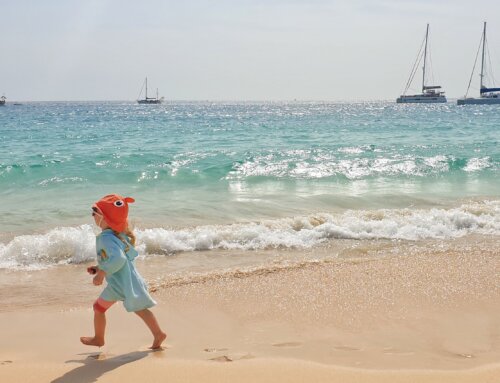
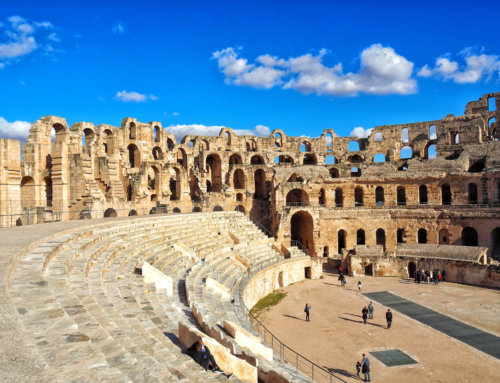
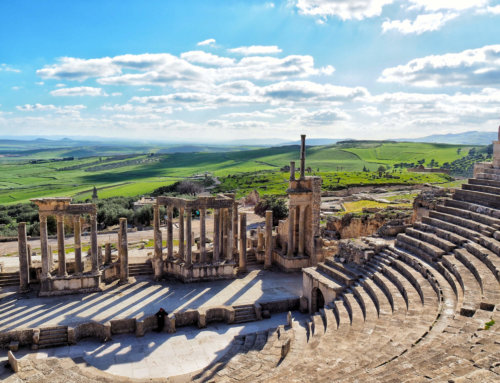
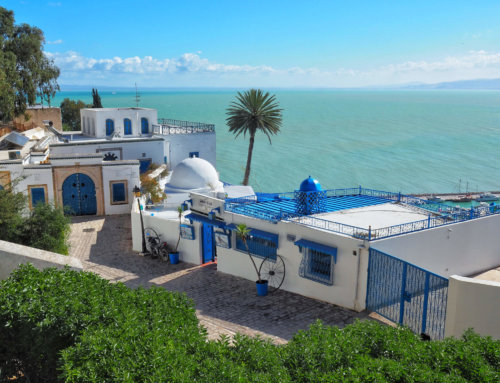
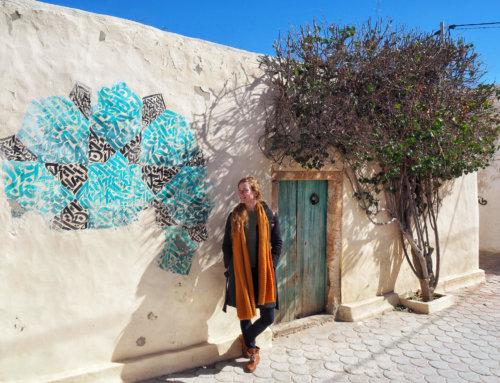
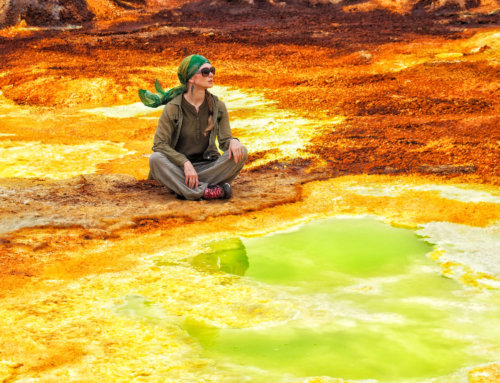
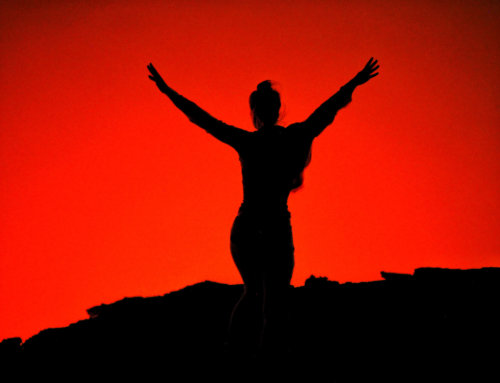
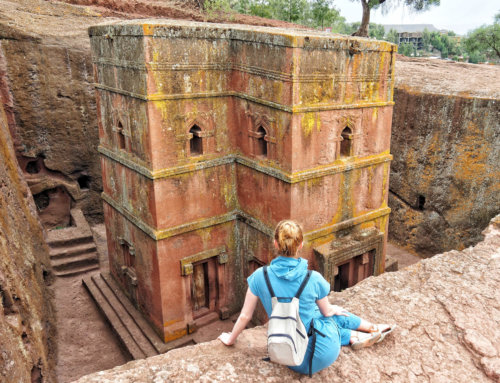
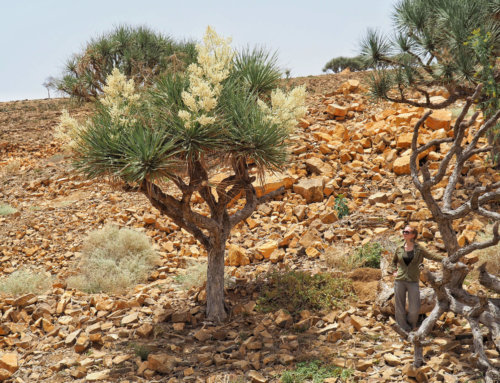
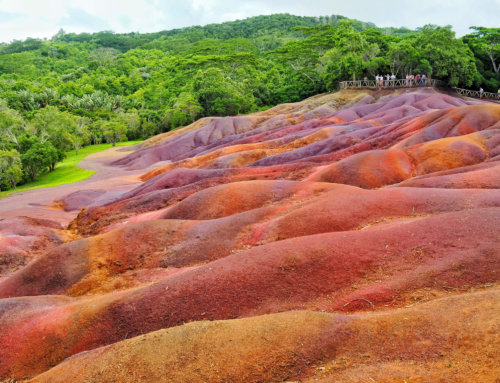
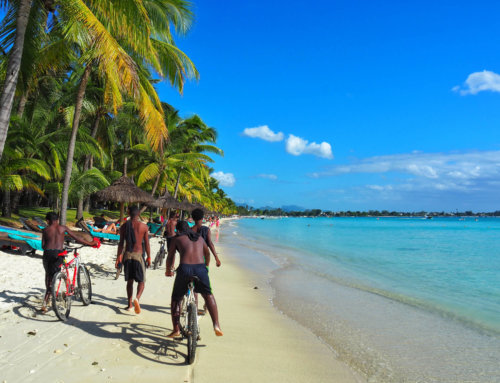
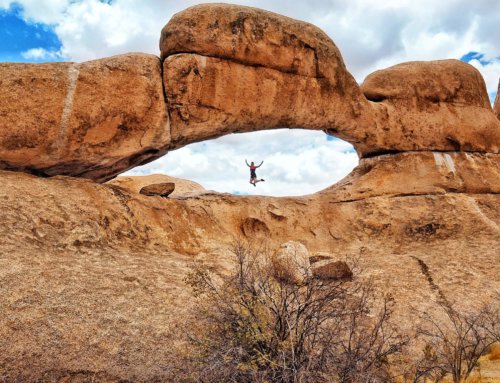
Leave A Comment